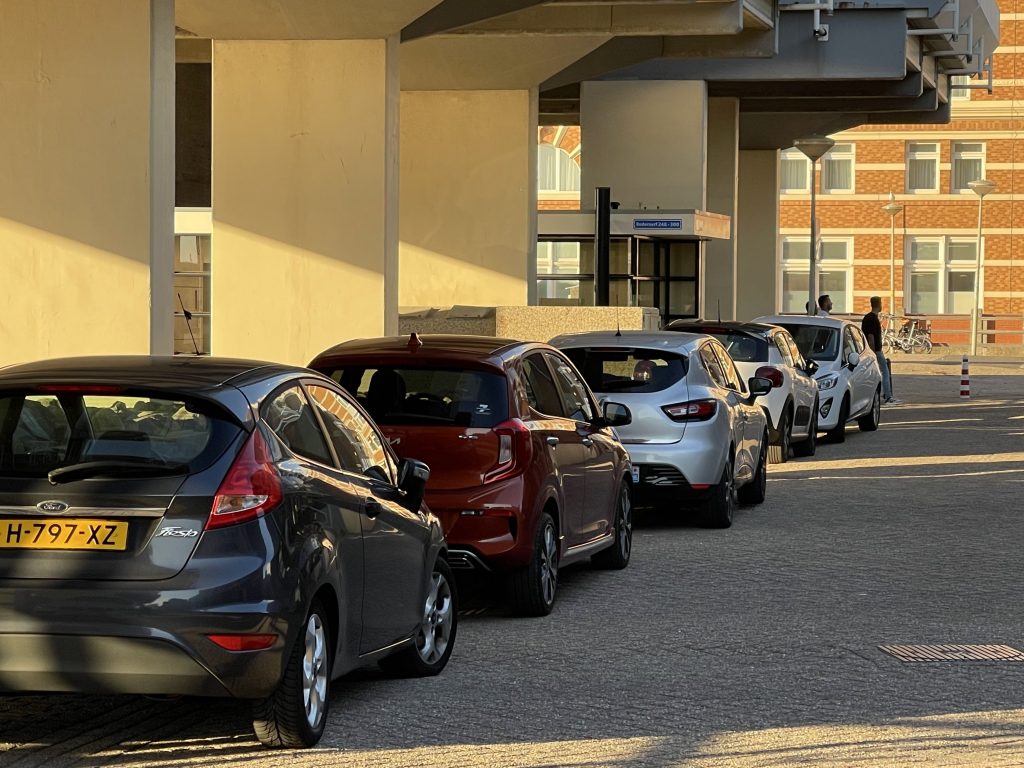At the same time, this trend raises questions about the impact on the quality of life in cities and the balance between tourism and the needs of the local population.
Municipalities in the Netherlands are seeing a significant increase in revenue from tourist taxes and parking charges, with the metropolitan areas of Amsterdam, The Hague and Rotterdam taking the lead. According to recent figures from Statistics Netherlands (CBS), which analyzed the 2024 municipal budgets, there has been a remarkable increase in these sources of income.
The budgeted revenues from parking charges show an increase of almost 11 percent, with a total amount expected to exceed 1,3 billion euros in 2024. This increase of 130 million euros is largely due to the significant contributions from cities such as Amsterdam, Rotterdam and Utrecht. Amsterdam takes the cake with an expected increase of 39,4 million euros, followed by Rotterdam with 37,3 million euros and Utrecht with 14,2 million euros.
Tourist tax, another important source of income for municipalities, is also showing an upward trend. In total, the municipalities expect to generate an amount of 2024 million euros from tourist taxes in 538, which represents an increase of 110 million euros compared to the previous year. This increase is mainly driven by Amsterdam. The capital predicts a 47 percent increase in tourist tax revenues, amounting to an amount of 242,5 million euros. This increase is due to increased rates for hotel stays, a higher rate for cruise passengers, and the entertainment fee (VMR) for tour boat visitors.

A prominent issue is the balance between welcoming tourists and ensuring quality of life for residents. Cities such as The Hague, for example, have to deal with over-tourism, which leads to overcrowding of public spaces, noise pollution, and other forms of nuisance that can affect the quality of life.
Rotterdam closely follows Amsterdam with a significant increase in tourist taxes, albeit to a lesser extent. The expected revenue for Rotterdam is 16,8 million euros, which represents an increase of 23,2 percent. In tourist areas outside the big cities, such as the Wadden Islands, there has also been an increase in tourist taxes, although this increase is less pronounced than in the big cities. The Wadden Islands together expect to collect 20,9 million euros in tourist tax in 2024, which represents an increase of almost 16 percent.
These increases in tourist taxes and especially parking charges are indicative of the growing popularity of Dutch cities and regions as tourist destinations, but also of the higher parking fees that cities charge. The additional income can make an important contribution to the general resources of the municipalities, allowing them to invest in urban development, infrastructure and other essential facilities.




